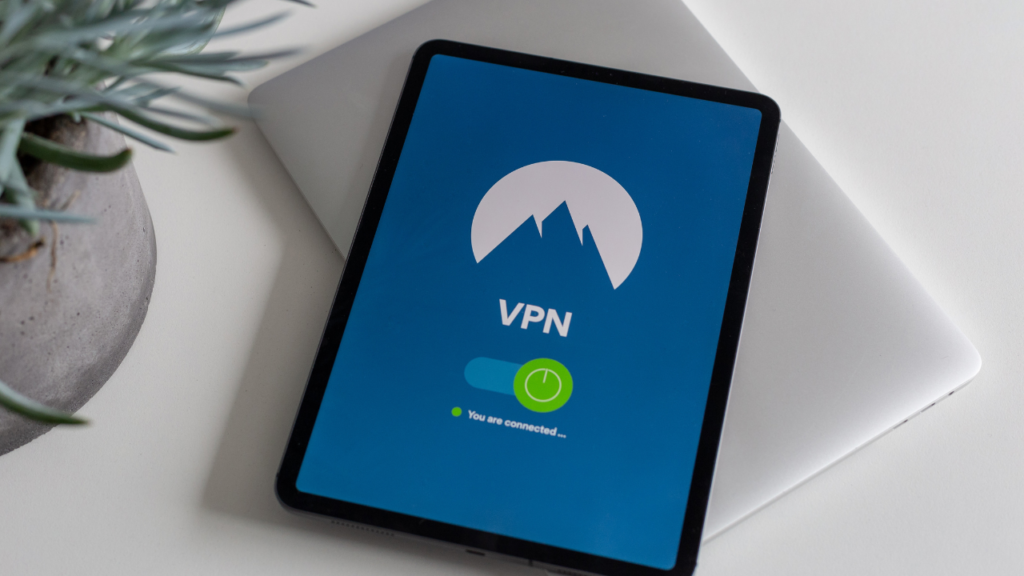Unraveling the Mystery: How to Tell if a Number is a Cell Phone or Landline
DataProt is supported by its audience. When you buy through links on our site, we may earn a commission. This, however, does not influence the evaluations in our reviews. Learn More.
Have you ever wondered whether the phone number called you is a landline or a cell phone? Perhaps you’re curious about the number type before returning a missed call or texting the number.
Whatever the reason is, distinguishing between a cell phone and a landline can be helpful in various situations.
In this article, we’ll explore the different methods that can help you determine whether a number is a cell phone or a landline.
How Can You Tell a Cell Phone Number from a Landline?
There is no apparent difference between a cell phone and a landline number. Both typically follow the same format: an area code and a 7-digit local number.
In the early days of cell phones, numbers could be differentiated by looking at the first digits of the area codes.
Numbers 9, 8, 7, or 6 were more commonly associated with cell phones, while 2, 3, 4, or 5 were frequently used for landlines. However, this approach is like a guessing game today, as phone number allocation varies by region and can change over time.
Relying solely on the first digits of a number’s area code may not provide accurate results. To better distinguish a cell phone and a landline by phone number, it’s best to rely on tools or services designed specifically for this purpose.
Using Phone Number Validators
One tool that you can use to determine whether a phone number is a landline or a cell phone is a phone number validator.
Thanks to the capabilities of the internet, we now have access to online tools such as phone validators that can analyze phone numbers and provide information that a user needs.
These validators work by accessing vast databases containing phone number allocation and other information about the number. Below are some of the most effective phone validators in the market.
PhoneValidator
One popular phone number validator is the Phone Validator. It offers a straightforward interface where you can input the number you want to check.
Apart from determining the phone line type, PhoneValidator offers additional details like the phone’s location and even the owner’s name and address, if available.
It’s like having a private investigator at your fingertips, empowering you with essential insights about the number you’re investigating.
RealPhoneValidation
Similar to the Phone Validator, RealPhoneValidation allows you to verify and identify the type of phone number quickly. The tool offers up to 5 number validation requests, and a free trial requires you to sign up to receive 100 free validations.
You can also submit a batch of phone numbers with an account, which makes it very handy for businesses.
The results show the phone type (cell phone, landline, VoIP), if the number is active and in service, and the carrier associated with the number.
SearchBug
This is another alternative service worth considering. SearchBug’s phone validator service offers results including phone type, carrier name, detailed location, and area code information.
You only have to input a phone number, select a service type, and click “Verify.” You will find your results by clicking on “Sample Report.” The site is a pay-per-use service. However, new users get their first search for free.
Phone number validators are best for quick searches and allow you to take the proper approach in your communications. However, if you prefer a much instant, real-time context on what type of number is calling you, Caller ID apps are a good alternative.
Using Caller ID Apps
Caller ID apps are mobile applications that display caller information when receiving an incoming call. These apps work by cross-referencing the incoming phone number with their databases to provide you with the relevant information.
Several caller ID apps for Android and iOS devices can help indicate whether the number is a cell phone or a landline. Also, you can manually enter a phone number to discover all the necessary information.
Additionally, these apps can warn you about suspicious callers and help you avoid scammers and spam calls.
Some popular caller ID apps include Truecaller, CIA, and Caller ID, all offering free versions.
Using Reverse Phone Lookup Tools
Reverse phone lookup tools are equipped to unveil the secrets behind a mysterious phone number. Most are paid services, but some offer a trial period for almost free.
With just a few clicks, these online services act as your investigators, revealing valuable information about who owns the phone number and identifying whether it’s from a cell phone or a landline.
White Pages
White Pages is a well-known reverse phone lookup service that can help you determine the type of phone number. Simply enter the number into their search bar and access the line type for free. For some phone numbers, additional information may require a premium account.
Whether you’re trying to identify the type of phone number for personal or business purposes, White Pages can be a beneficial tool in your quest for accurate information.
Spokeo
Spokeo is another reverse phone lookup tool offering comprehensive phone number information. It uses data from various sources and scours various databases and public records to gather information about the phone number you entered.
Spokeo can identify if a number belongs to a cell phone or a landline. Just type in a 10-digit number, and it will swiftly identify whether it belongs to a cell phone or a landline.
To access this information, you must pay for the full report, which only costs under $1. The purchase comes with a 7-day membership trial for free.
BeenVerified
BeenVerified is a popular background check service with a reverse phone lookup feature. While it focuses on providing extensive background information, it can also tell you if it’s a cell phone or landline number.
It’s worth noting that BeenVerified offers 7-day trial memberships for only $1, which can give you access to valuable data along with the phone number’s classification.
Remember, these online tools can be beneficial, but they might not always provide 100% accurate results. If you need precise information, especially for critical matters, it’s advisable to consult professional services or official sources to ensure the highest level of accuracy and reliability.
Bottom Line
Being able to distinguish between a cell and a landline can help when you find yourself in a situation where you’re trying to figure out if you can send someone a text message. By using phone number validators, caller ID apps, and reverse phone lookup tools, you can gain insights into the type of number you are dealing with. These methods provide a convenient way to uncover that along with additional information.
Remember that phone number allocations can change over time, and outdated or inaccurate information is possible. Therefore, relying on reputable resources and tools is advisable to ensure accurate and up-to-date information.


